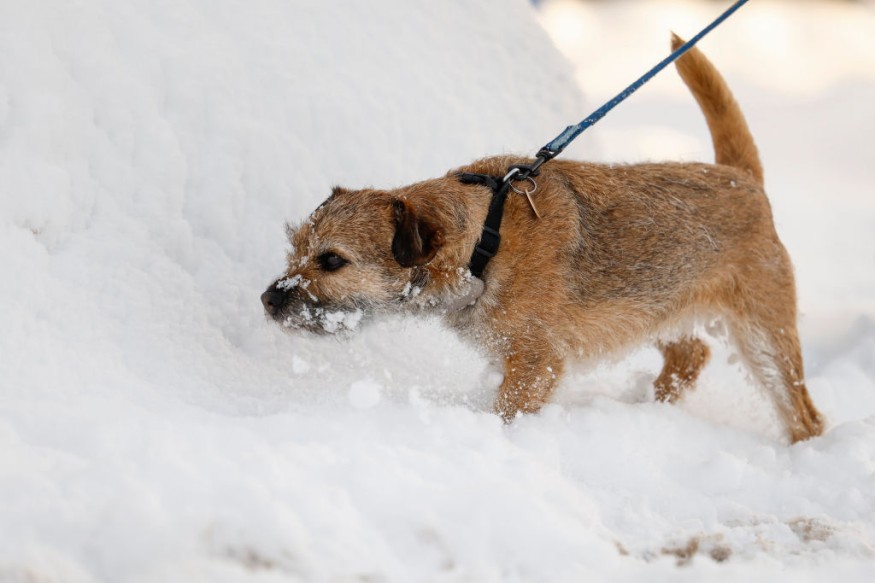
In an attempt to minimize the unpleasant odor of dog feces affecting Bolzano, Italy, authorities are resorting to a unique tactic: mandatory DNA tests for all dogs.
The law required the province's estimated 45,000 dogs, which are located in the mountainous Trentino-Alto Adige area, to undergo a DNA test at a veterinary facility by the end of December 2023, before the plan was implemented this month. However, just 5,000 have complied.
Poop Patrol
The swab test results will be entered into a database, which authorities will use to track down the dogs and their owners. The evidence will be used to impose fines ranging from €292 to €1,048.
This "poop patrol" aims to find the perpetrators of abandoned canine droppings cluttering the city streets.
"Bolzano receives a few hundred complaints a year from citizens about improper management of public land. More than half are for dogs," said veterinary department director Paolo Zambotto.
Read Also : Excess Pet Wastes Are Actually Harming Parks and Nature Reserves, According to New Study
Concern About The Law
Dog owners have expressed concerns about the law, particularly those who truly clean up after their pets but will be required to pay a €65 fee for the test.
Some question the initiative's expense and administrative efficiency, as well as whether it will address the threat posed by stray dogs and tourist-owned canines.
"It is easier said than done. It will only be an additional expense for the municipality and for the police, who have many other things to do," Madeleine Rohrer, from the local Greens party, told a local newspaper.
Animal rights groups had launched petitions urging for the law to be repealed before the December 31 deadline.
The most surprising fact is that many individuals who do not own dogs signed the petition, according to Filippo Maturi, president of Assopets, a group for the protection of animal owners.
The group said it is an unjust law that does not fix the problem and, moreover, has tremendous management costs.
The province's veterinary association also objected to the proposal.
Arnold Schuler, a provincial councillor, stated that the database was still in the implementation phase and that extra veterinarians had been recruited to assist with the DNA tests.
He also stressed that this approach will make it easier for everyone to register their pet.
The database would also be used to identify dogs killed in traffic accidents or who attacked other animals or people. Despite the criticism, he claimed that the initiative inspired other Italian regions.
The DNA testing will be compulsory from the end of March, and owners who refuse to register their pets may face heavy fines.
Bolzano, a mountainous German-speaking region neighboring Austria, has broad autonomy in establishing its own policies.
According to Zambotto, several Italian cities have expressed interest in potentially replicating the ordinance. Tourists and non-residents are excluded from the regulations.
A similar concept was tested in the French town of Béziers last year, where pet owners are obliged to carry their pet's "genetic passport" to limit canine waste on the streets.
© 2026 NatureWorldNews.com All rights reserved. Do not reproduce without permission.





